



The EPSRC CDT in Offshore Wind Energy and Resilience
The rapid expansion of the offshore wind industry is generating new challenges and the transdisciplinary CDT in Offshore Wind Energy Sustainability and Resilience is uniquely placed to develop the solutions.
Working in partnership with offshore wind industry stakeholders, our CDT team have co-created and co-developed five research challenges. These will inform all research projects undertaken by CDT researchers enrolling between 2024-2028.
We will continue to refine these research challenges through our Strategic Advisory Board, to ensure that they meet rapidly evolving sector needs.
You can browse the full range of cross-disciplinary that have been developed to meet offshore wind industry challenges on our Research Projects page. Or visit our Research Impact page for case studies on specific CDT research projects.
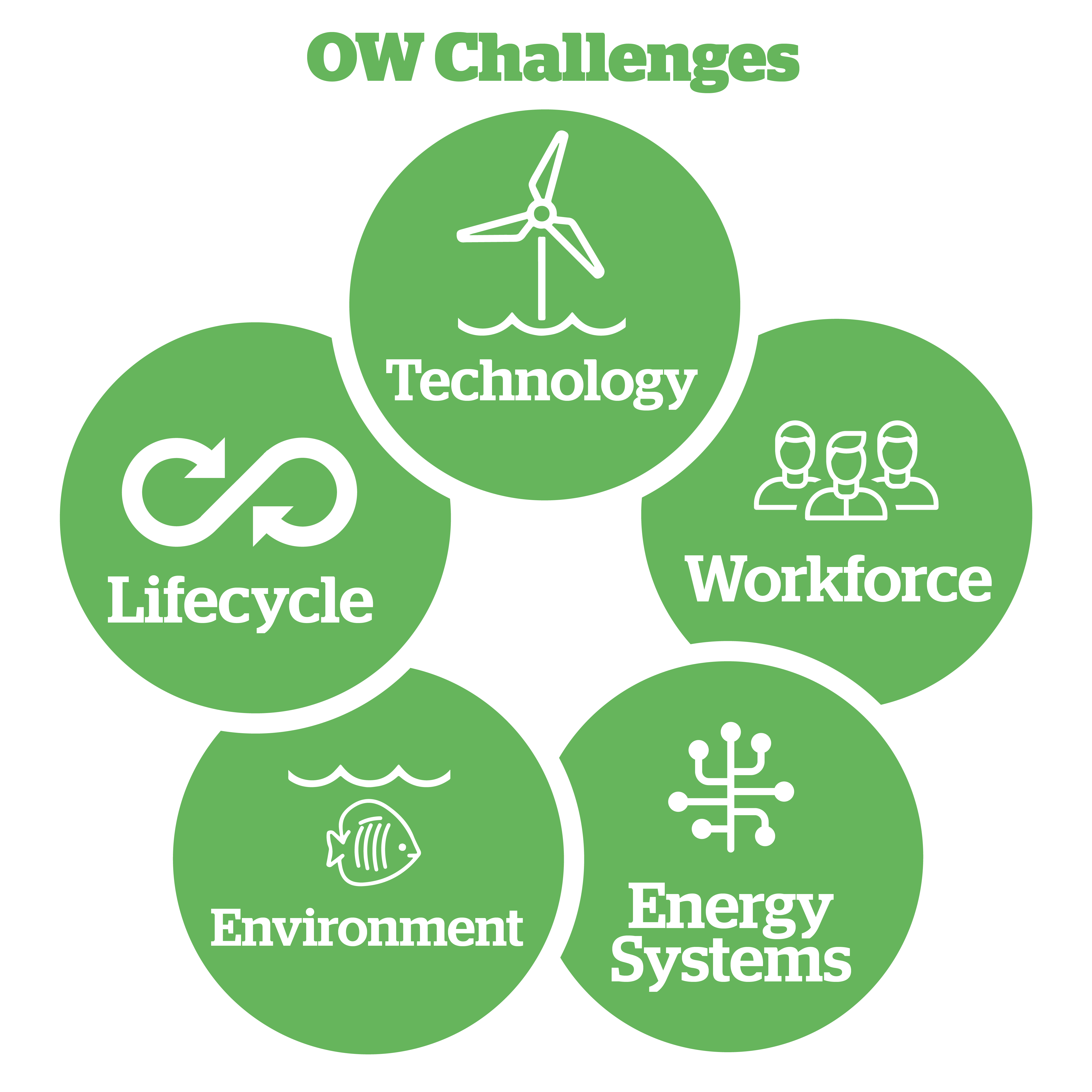
Challenge 1: Push the frontiers of offshore wind technology
Understanding the engineering and environmental challenges around offshore wind energy expansion into new, more challenging environments further from shore in deeper water.
Work on offshore wind energy technology benefits structural engineering of larger floating and bottom fixed turbines, enables understanding of operating conditions in new, more challenging sites as well as cable, mooring and installation technologies.
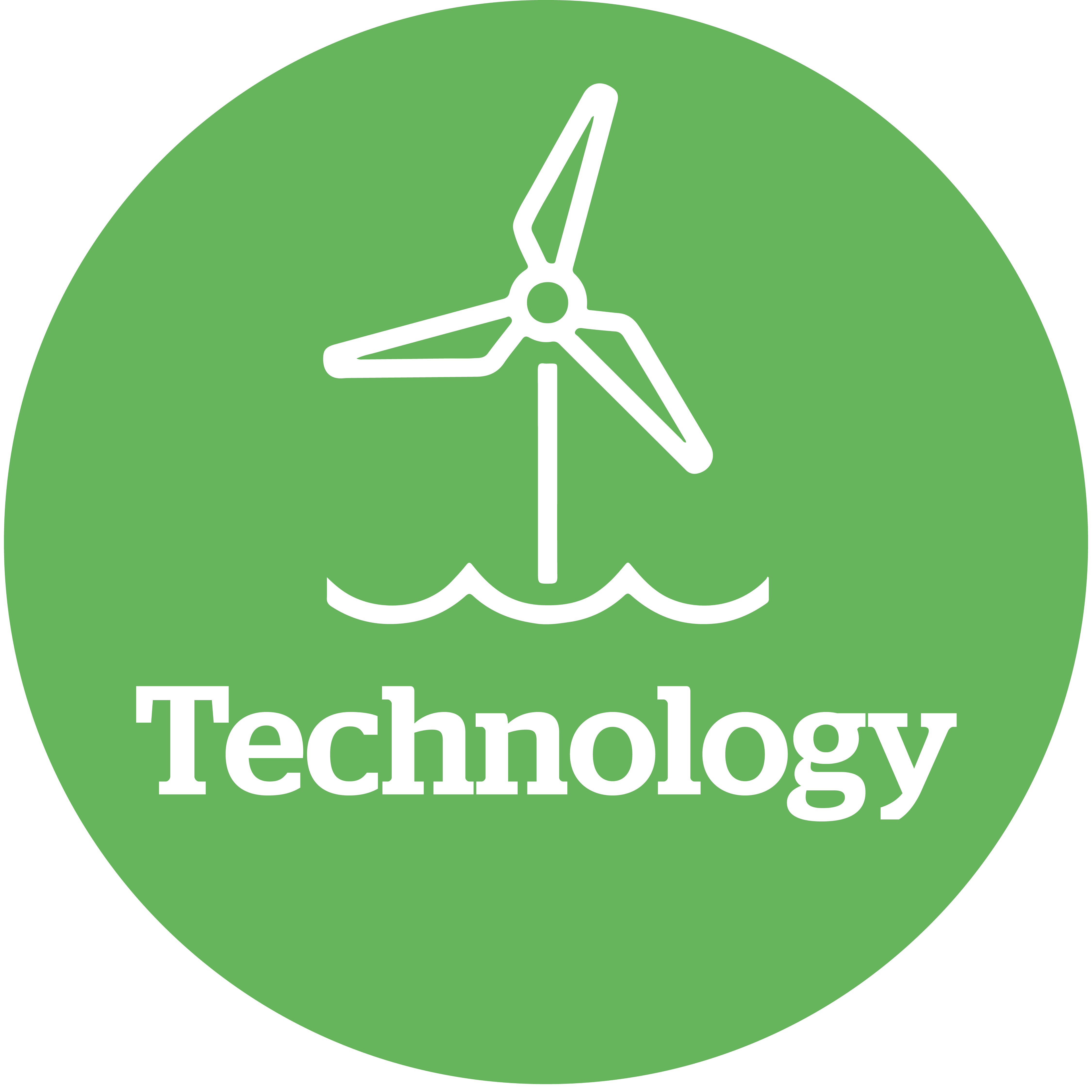
Challenge 2: Accelerate consent and support environmental sustainability
Reduction of the typical consent process requires integrated use of diverse models and data sources to advance understanding of offshore wind energy environments.
Academics considering the environmental sustainability of offshore wind energy tackle complex interactions of large-scale deployment in sensitive areas, but accelerating Government OW consenting requires study of opportunities and challenges of co-location, co-existence with digital environment data integration and modelling.
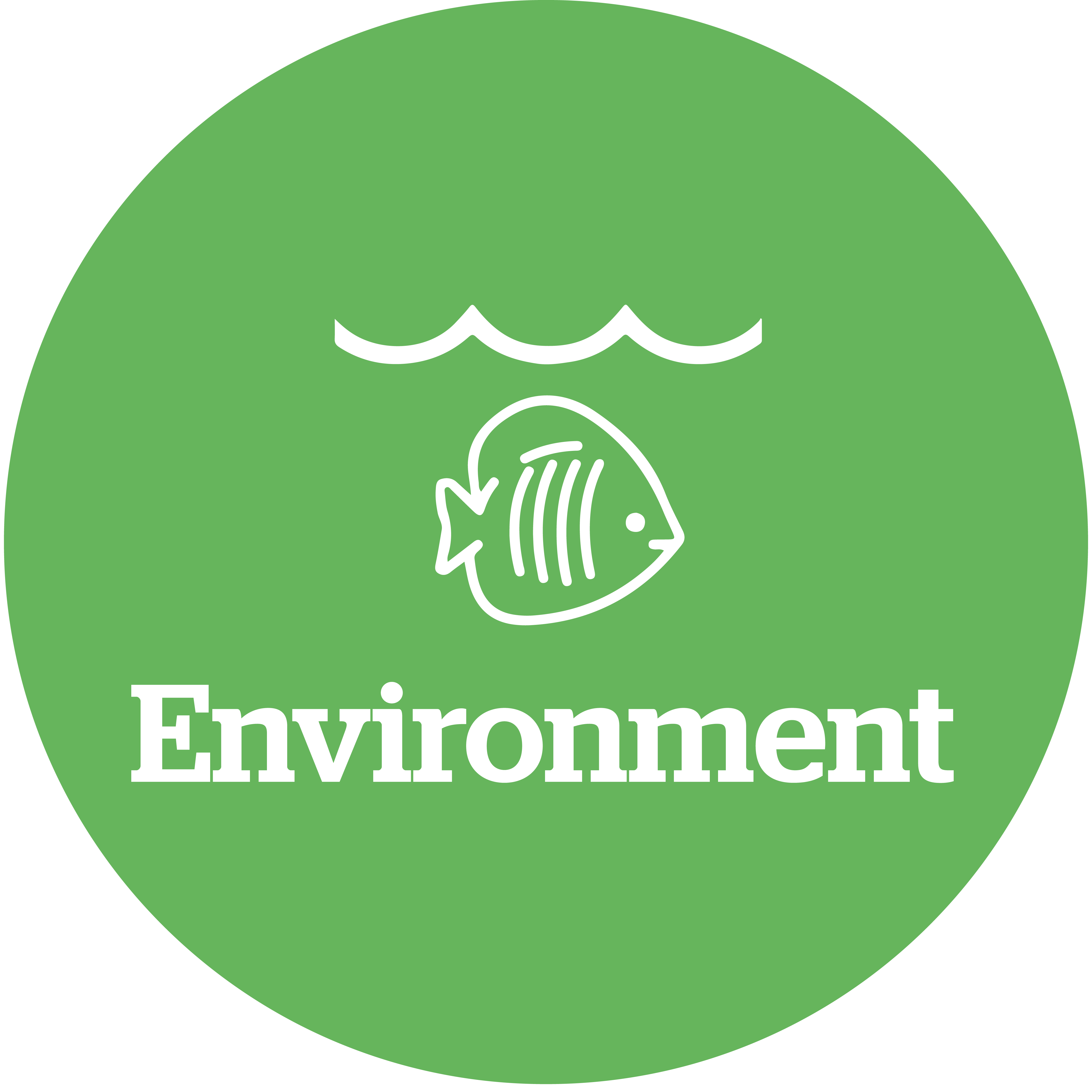
Challenge 3: Achieve a sustainable wind farm lifecycle
Increasing sustainability and efficiency while promoting rapid innovation is critical for keeping the UK at the forefront of the offshore wind industry.
Sustainable wind farm life cycle and end of life options are interlinked to research on new materials and processes for turbine systems, generators, converters, cables and foundation as well as blades.

Challenge 4: Build and support a sustainable workforce
A thriving industry must be diverse, providing a safe, fulfilling and equitable environment for all staff; an understanding of human factors and humans-technology interaction is key.
Workforce challenges in offshore wind energy are currently understudied; interfacing offshore wind engineering is crucial to integrated solutions in safety and human factors and to promote Equality, Diversity, Inclusion and Wellbeing (EDIW) and effective training.

Challenge 5: Develop a resilient net-zero energy system
The UK transition to netzero by 2050 requires a resilient and integrated energy system. Offshore wind energy will form the backbone of the future energy system but must adapt to enable increased integration.
Greater penetration of offshore wind into the energy system and the integration with new energy vectors will bring many challenges, requiring diverse industry and academic teams to collaborate to optimise the potential for the UK’s offshore wind energy future.
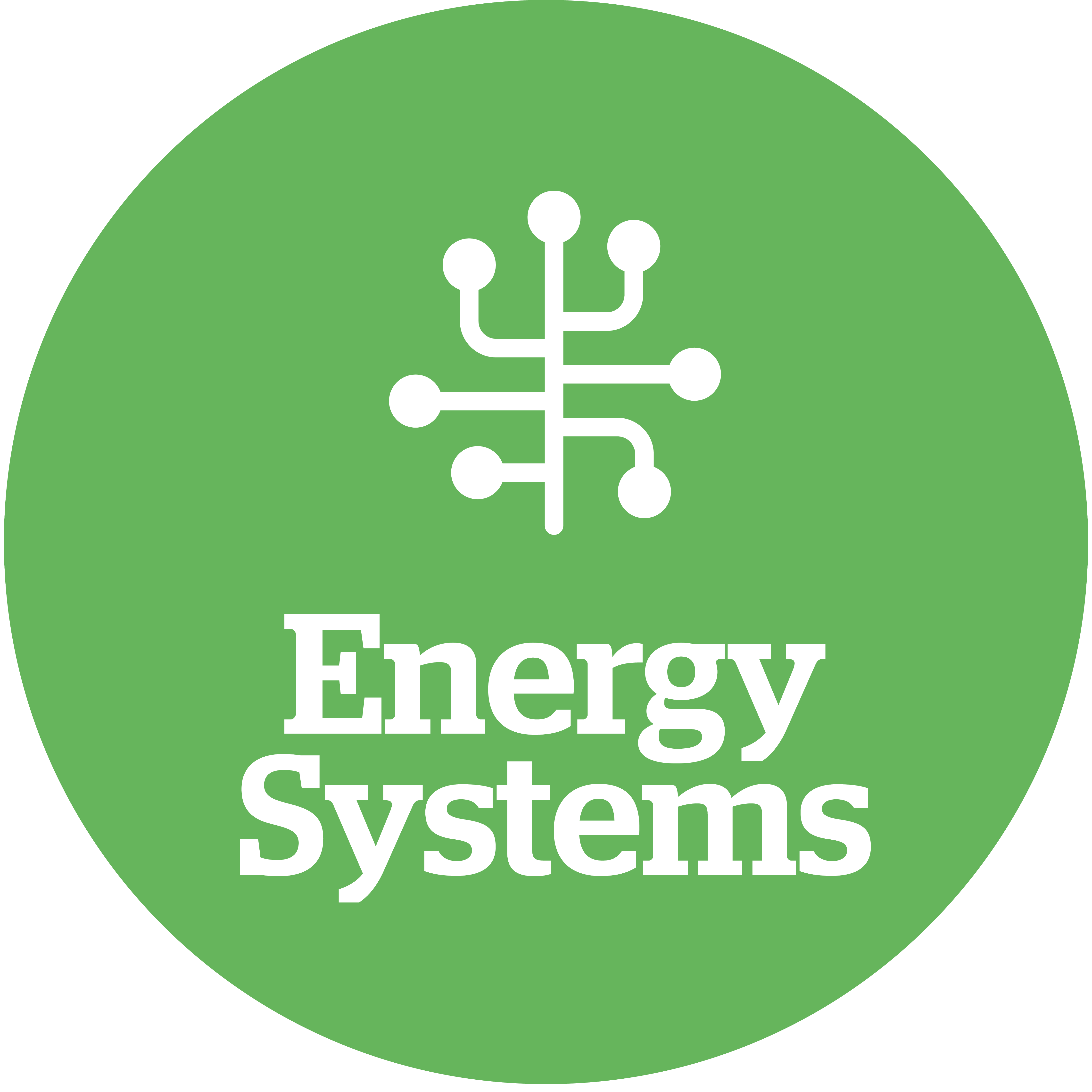
The EPSRC / NERC Centre for Doctoral Training in Offshore Wind Energy and Environment
Five cohorts of PhD students joined our first CDT between 2019 and 2023, tackling the engineering and environmental research challenges facing the offshore wind industry.
Read on, to explore the six broad themes that were developed in consultation with industry stakeholders.
Theme 1: Physics and Engineering of the offshore environment
The wind energy sector faces unique challenges of developing new engineering solutions to continue growth, and reduce the levelised cost of electricity, in the hostile offshore environment. Understanding of the physical environment, from turbine to coastal scale, defines the limitations on windfarm lifecycle for the sector, from design & development, installation, operations and maintenance to decommissioning. Central to this is validation of new environmental physics and engineering dynamics through real-world observations. This theme will advance research to describe the physical environment and develop engineering solutions to minimise cost and risk. Research areas include but are not limited to:
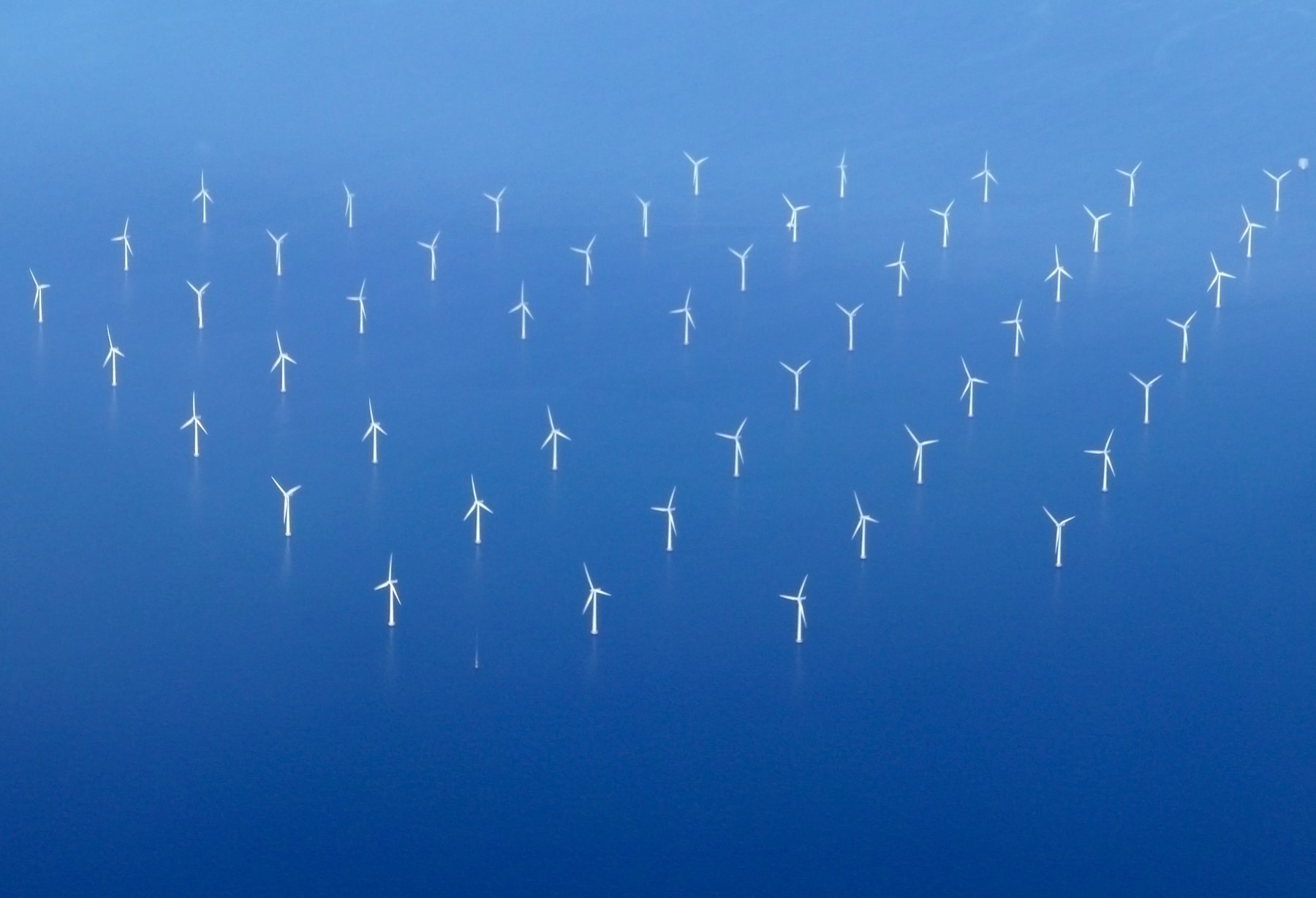
Theme 2: Environmental impact, marine biology and aquaculture
The development of offshore windfarms can have positive and negative impacts on the marine ecosystem. Installation of new structures to the seafloor can act like reefs and attract settlement or refuges for marine organisms. They can also be used as a substrate for commercial bivalve aquaculture. However, windfarm developments emit noise and vibrations during construction (e.g. by pile driving, drilling), operation, and decommissioning that may interfere with flying and swimming organisms as well as those that inhabit the seafloor. The theme explores interaction of windfarms with marine organisms, highlighting ecological risks as well as commercial opportunities. Research areas include but are not limited to:
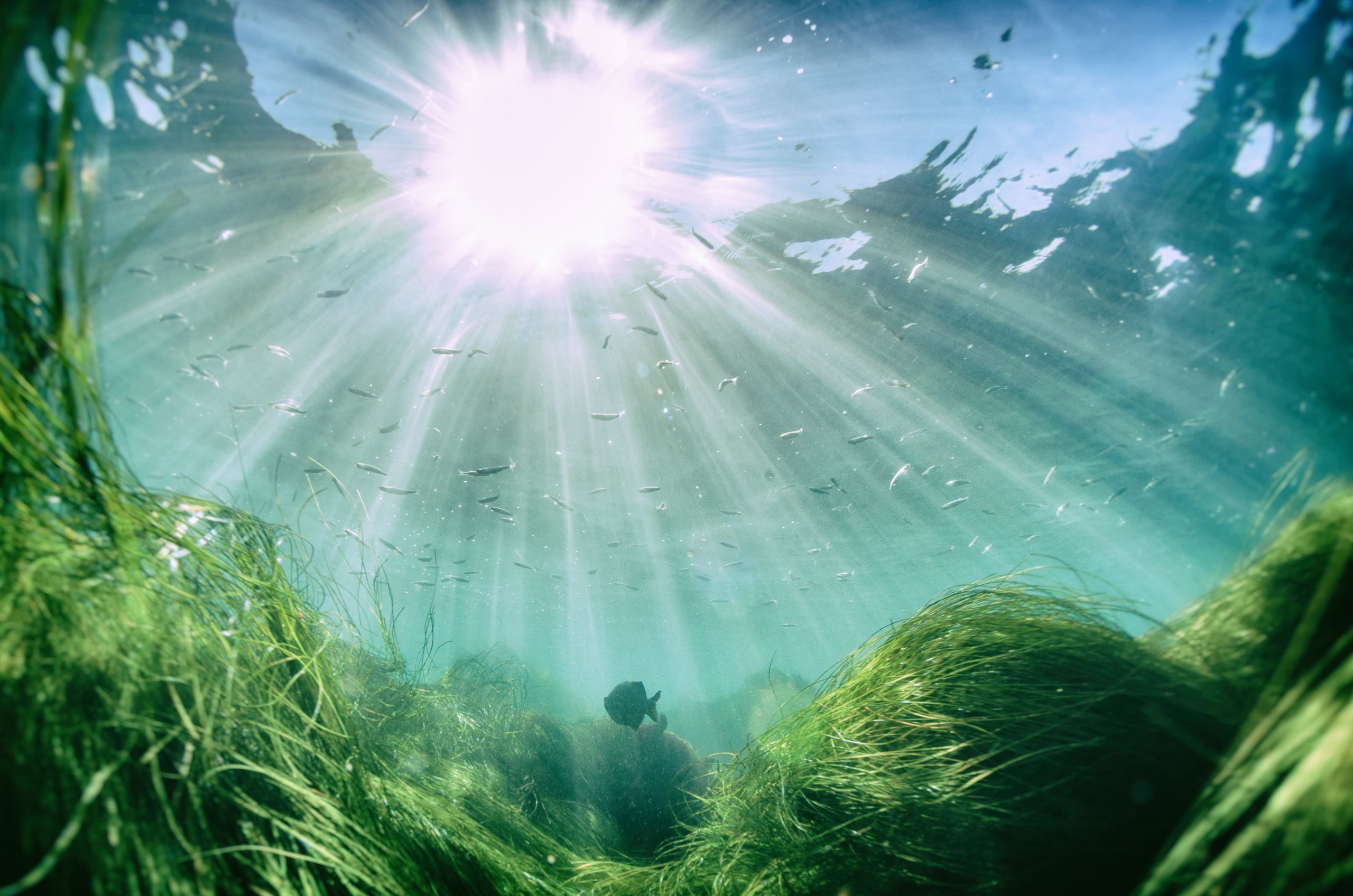
Theme 3: Next generation materials and manufacturing
By 2030, offshore wind is required to supply a third of all British electricity. Significant developments are needed in materials and manufacturing techniques to meet this target. As the scale of offshore wind deployment increases, innovative technologies and processes must balance sector requirements of operation in harsher environments with the need to reduce costs. This theme will develop new materials, corrosion-resistant coatings and manufacturing techniques that are relevant to offshore wind turbines from foundations, monopiles to blades, to bring about positive change for the sector. Research areas include but are not limited to:
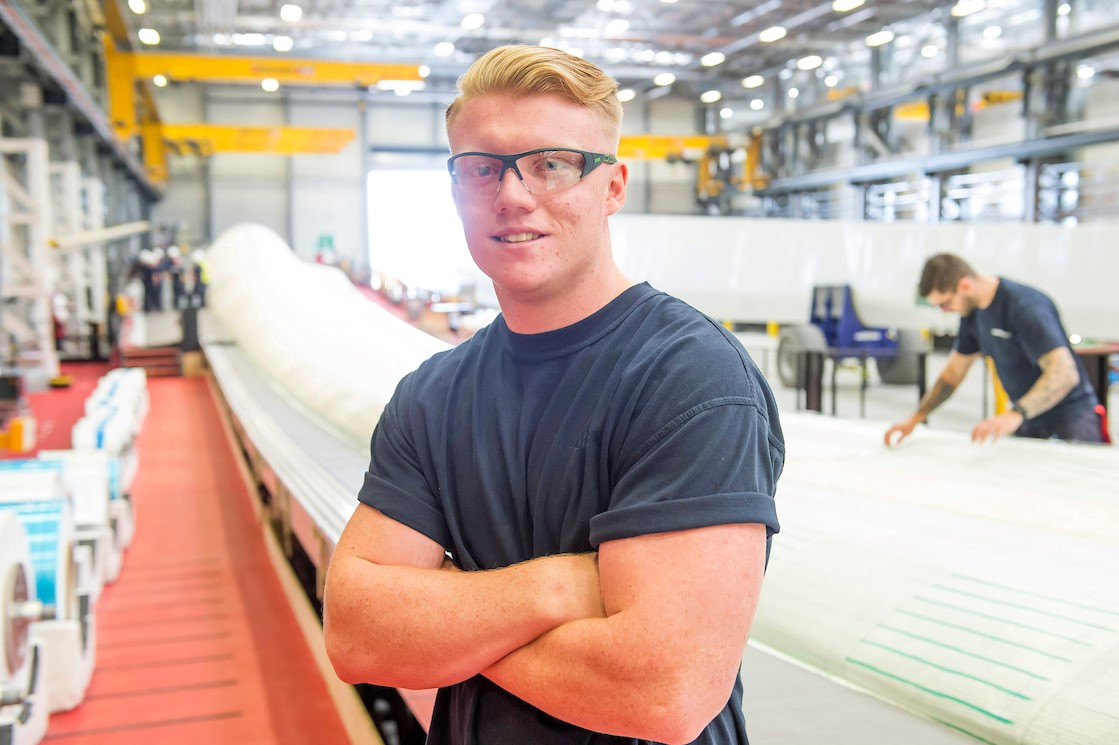
Theme 4: Operations, maintenance and human factors
Operations and Maintenance (O&M) account for a significant proportion of offshore windfarm costs. Minimising O&M spend is critical to reducing the levelised cost of electricity. Presenting extreme physical and psychological challenges for those working in the field, O&M is dependent on logistics of operation and the human factors of offshore technician health and safety. Improving the reliability of systems and monitoring in the offshore environment allows better planning of maintenance; automation further reduces costs and potential health and safety risks. This theme will develop integrated solutions to minimise and mitigate O&M cost and risk. Research areas include but are not limited to:
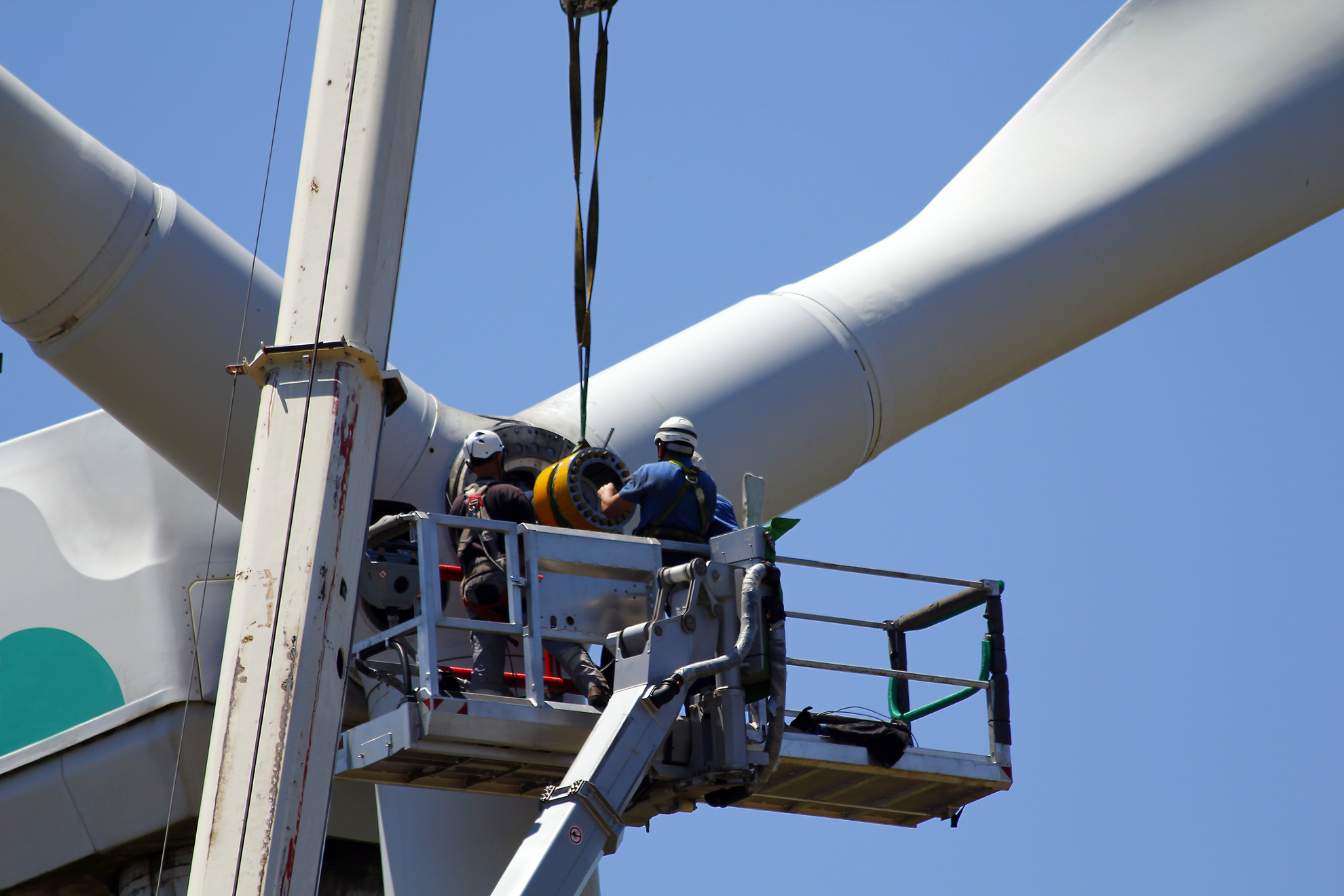
Theme 5: Offshore wind energy integration – challenges and impacts
As offshore wind technologies increase, its connection and integration to the wider energy system becomes of critical importance. Combination of offshore wind energy, energy storage and smart grid technologies will reduce carbon emissions and minimising costs. Increased offshore wind has concomitant impacts, including employment and up-skilling in wind farm development, maintenance and decommissioning. This theme will seek to understand the how offshore wind will be integrated into energy networks, it will also consider new industries which could be developed in synergy with offshore wind farms. Research areas include but are not limited to:
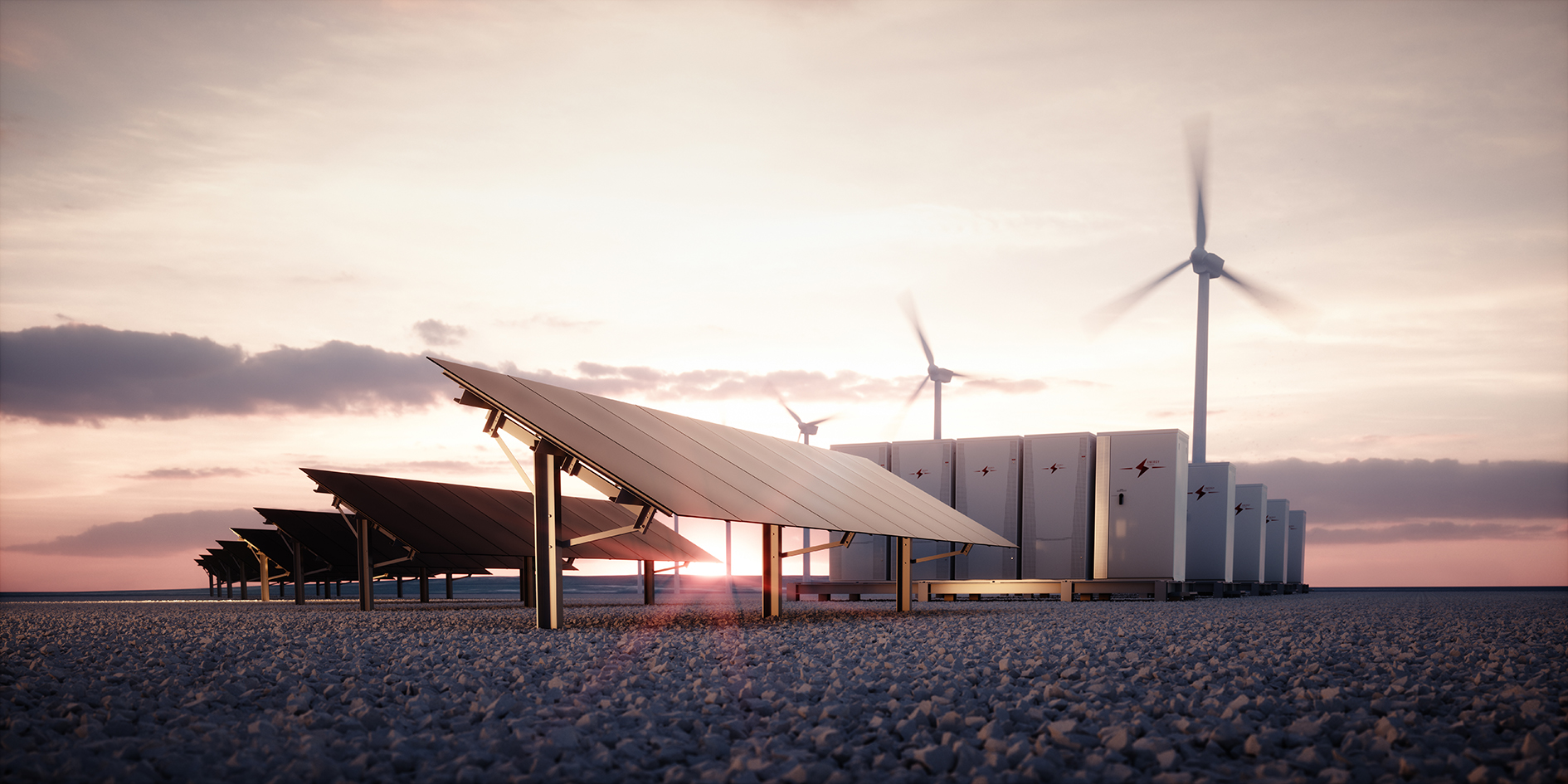
Theme 6: Big data, sensors and digitalisation for the offshore environment
The increasing digitalisation of the offshore wind sector is based on the need for reliable mechanical and environmental modelling, logistics of O&M and fault diagnosis and prognosis. Research in this area is concerned with the capture, processing and representation of data, using artificial intelligence to build transferable and insightful predictions. Development of novel sensors and networks are required around specific challenges in offshore wind, whilst disparate sources of data and traditional measurements include historical information, images and text. This theme will seek to advance digitalisation to address challenges and reduce cost from design, manufacture, installation, operation and decommissioning of offshore windfarms. Research areas include but are not limited to:
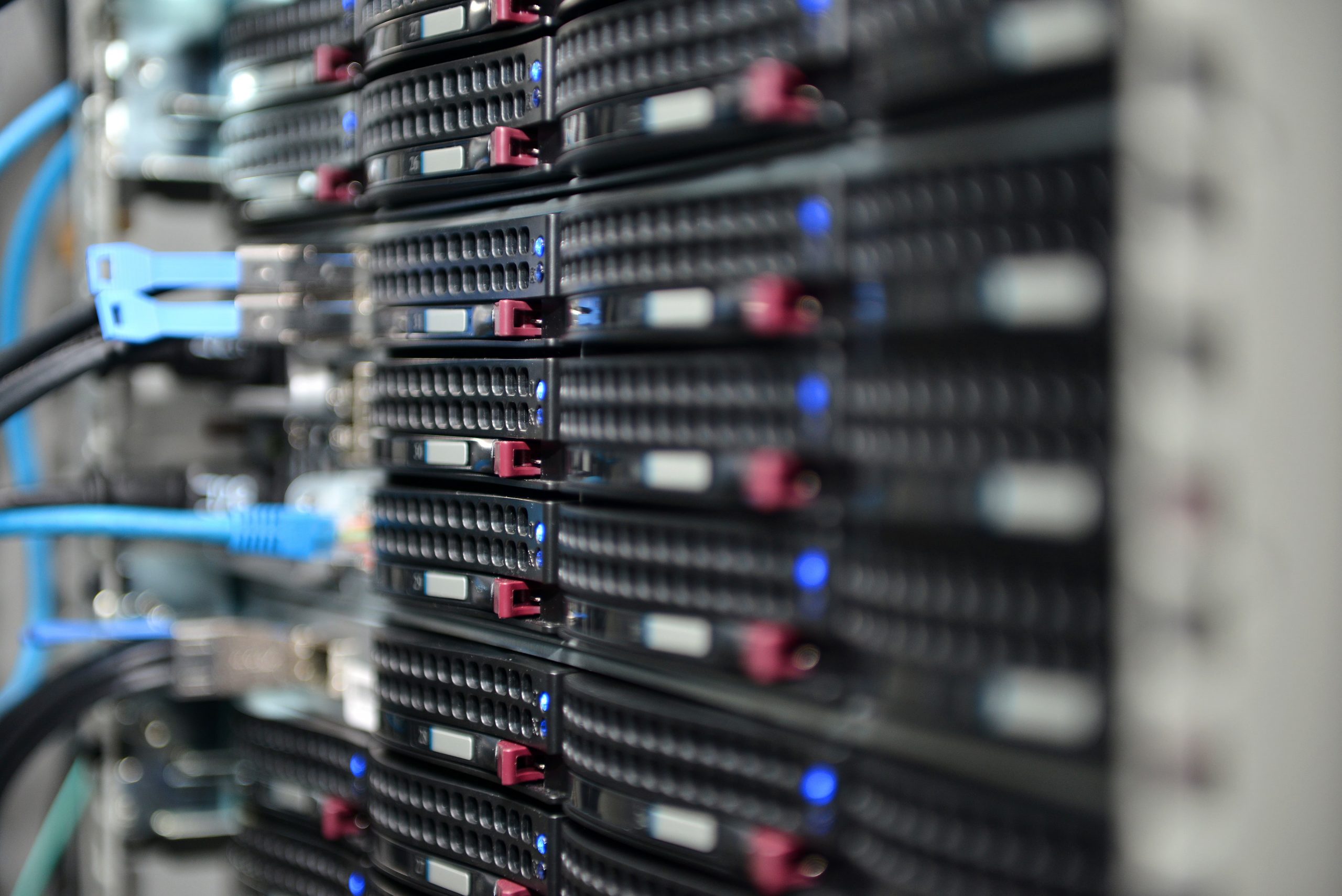
Please contact auracdt@hull.ac.uk if you have any queries or would like to discuss any elements of the programme with the Aura CDT Team